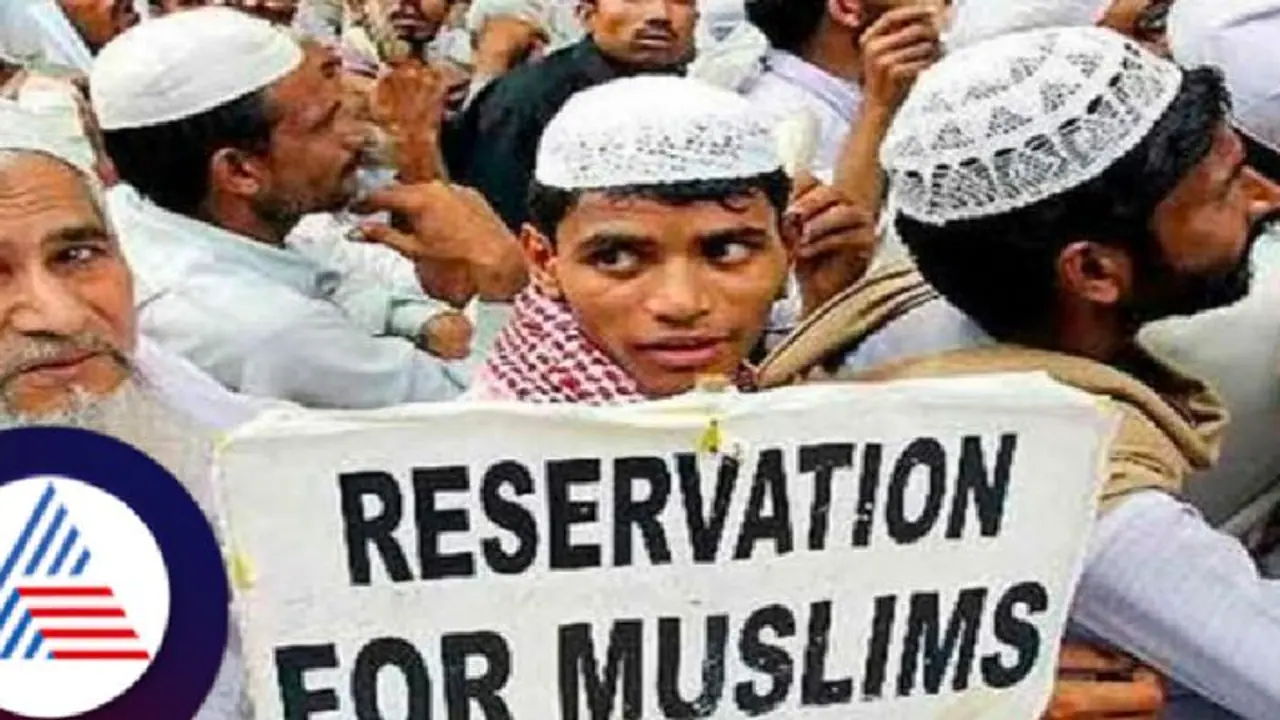The National Commission for Backward Classes criticizes Karnataka's decision to extend reservation benefits to all Muslims, arguing it undermines social justice principles. They contend it overlooks the diverse needs within the Muslim community and could harm marginalized castes. Concerns are also raised about the decision's impact on local body election representation.
The National Commission for Backward Classes has raised concerns over the Karnataka government's decision to extend reservation benefits to the entire Muslim community. The move, aimed at providing reservations in educational institutions and government jobs, has drawn criticism from the commission for deviating from the principles of social justice.

According to the commission, while acknowledging the social and educational backwardness of certain castes and communities within the Muslim population, the blanket inclusion of all Muslims in the reservation category undermines the core tenets of social justice. By categorizing Muslims as a whole under backward classes, the commission argues, the diverse needs and levels of backwardness among different castes and communities within the Muslim community are overlooked.
'Saale sahab kya karenge...' Smriti Irani mocks Rahul Gandhi as Congress yet to announce Amethi candidate
Under the current system, 17 socially and educationally backward castes are slated to receive reservation benefits under category 1, while 19 castes fall under category A-2. Additionally, Muslims have been separately included in category 2B within the list of Hindu-dominated classes in the state.
'Congress has eye on women's mangalsutra': PM Modi warns of plan to redistribute people's property (WATCH)
The commission's statement highlights the potential injustice that could be inflicted upon various marginalized castes and communities within the Muslim population, particularly those identified as educationally and socially backward. It emphasizes the importance of recognizing and addressing the specific needs of these communities to ensure equitable access to opportunities.
Furthermore, the commission expresses apprehension regarding the broader implications of the reservation decision, particularly in the context of local body elections. With 32% of reservations allocated for backward classes, including Muslims, in local body elections, there are concerns about the impact on the representation of diverse communities.
